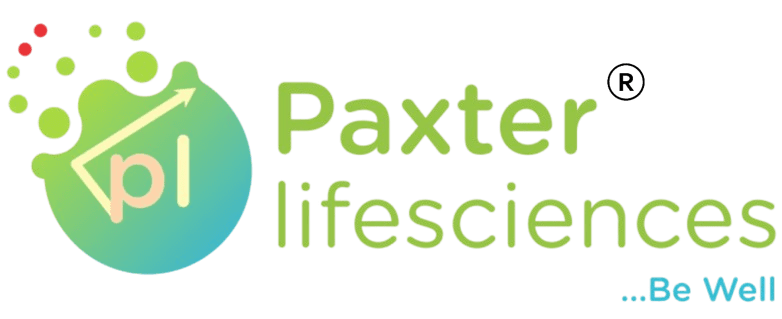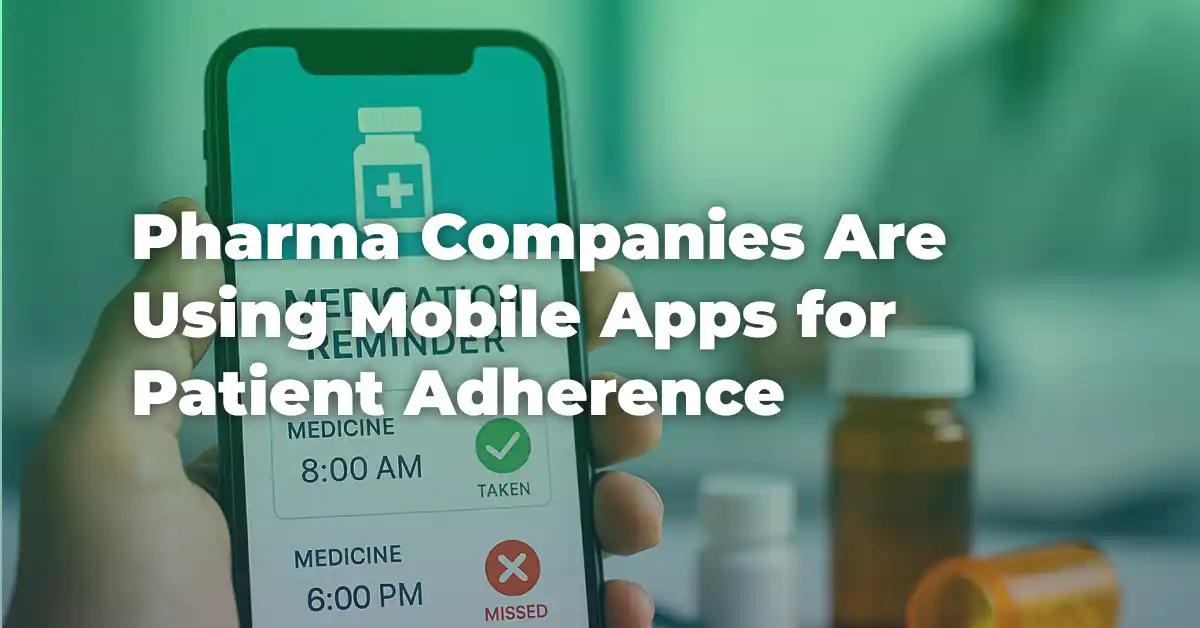Introduction: The Pill Is Only Half the Battle
Let’s face it—getting patients to adhere to their medication regimen is challenging.
Regardless of how well a treatment works, it won’t work if it’s not taken correctly, at the correct time. Skipped doses, irregular use, or premature cessation of meds… it all amounts to poor results, increased expense, and annoyed healthcare professionals.
That’s exactly why pharma brands are turning to tech—and more specifically, mobile apps. In this post, we’ll explore how pharma companies are using mobile apps for patient adherence, and why it’s becoming a game-changer in healthcare.
The Adherence Problem Pharma Has Been Battling for Years
The numbers speak for themselves. According to WHO, around 50% of patients with chronic conditions don’t take medications as prescribed.
There are a lot of reasons:
- People forget
- Side effects scare them
- They stop once they “feel better”
- Or the routine just gets overwhelming
For pharma companies, this isn’t just about outcomes—it directly impacts trial results, product performance metrics, and brand trust.
So, how pharma companies are using mobile apps for patient adherence makes a lot of sense in today’s digital-first world.
Reminder Systems That Actually Work
The simplest use? Smart reminders.
Most pharma apps now come with built-in push notifications to remind users to take their meds. But they’ve gone beyond basic alarms—these reminders can:
- Adjust to different time zones
- Send repeat nudges if a dose is missed
- Use simple language or even voice prompts for better accessibility
This small shift dramatically improves adherence, especially for elderly users or those managing multiple prescriptions.
Personalized Health Tracking and Feedback
One powerful way pharma companies are building trust is through real-time tracking and reporting.
Many apps now let users:
- Log how they feel after each dose
- Track symptoms or side effects
- Get AI-based suggestions based on their input
This not only improves the patient experience, but also gives pharma valuable anonymized data to improve drug effectiveness over time.
When we talk about how pharma companies are using mobile apps for patient adherence, this level of personalization is a major leap forward.
Engaging Patients Through Education and Motivation
Let’s not forget—the more patients understand their treatment, the more likely they are to follow through.
That’s why modern apps now include:
- Short videos explaining how the drug works
- Lifestyle tips that support treatment
- Rewards or gamified elements to keep people motivated
Education + encouragement = better adherence. Simple, but incredibly effective.
Connecting Patients to Providers in Real-Time
Another big trend? Two-way communication between patients and healthcare providers.
Some pharma-backed apps allow:
- Direct chat with pharmacists or care coaches
- Automatic progress updates sent to doctors
- Alerts when adherence drops below a certain level
It’s proactive care at its best—and it’s proving to boost long-term success, especially in chronic conditions.
Conclusion: Mobile Tools, Real-World Impact
The shift to digital health isn’t a future concept—it’s happening right now. And how pharma companies are using mobile apps for patient adherence is one of the most impactful moves in that space.
Apps are bridging the gap between prescriptions and outcomes. They’re helping patients feel supported, informed, and in control of their treatment journey.
contact Us : https://paxterlifesciences.com/
Follow Us : https://www.instagram.com/paxter_lifesciences/






